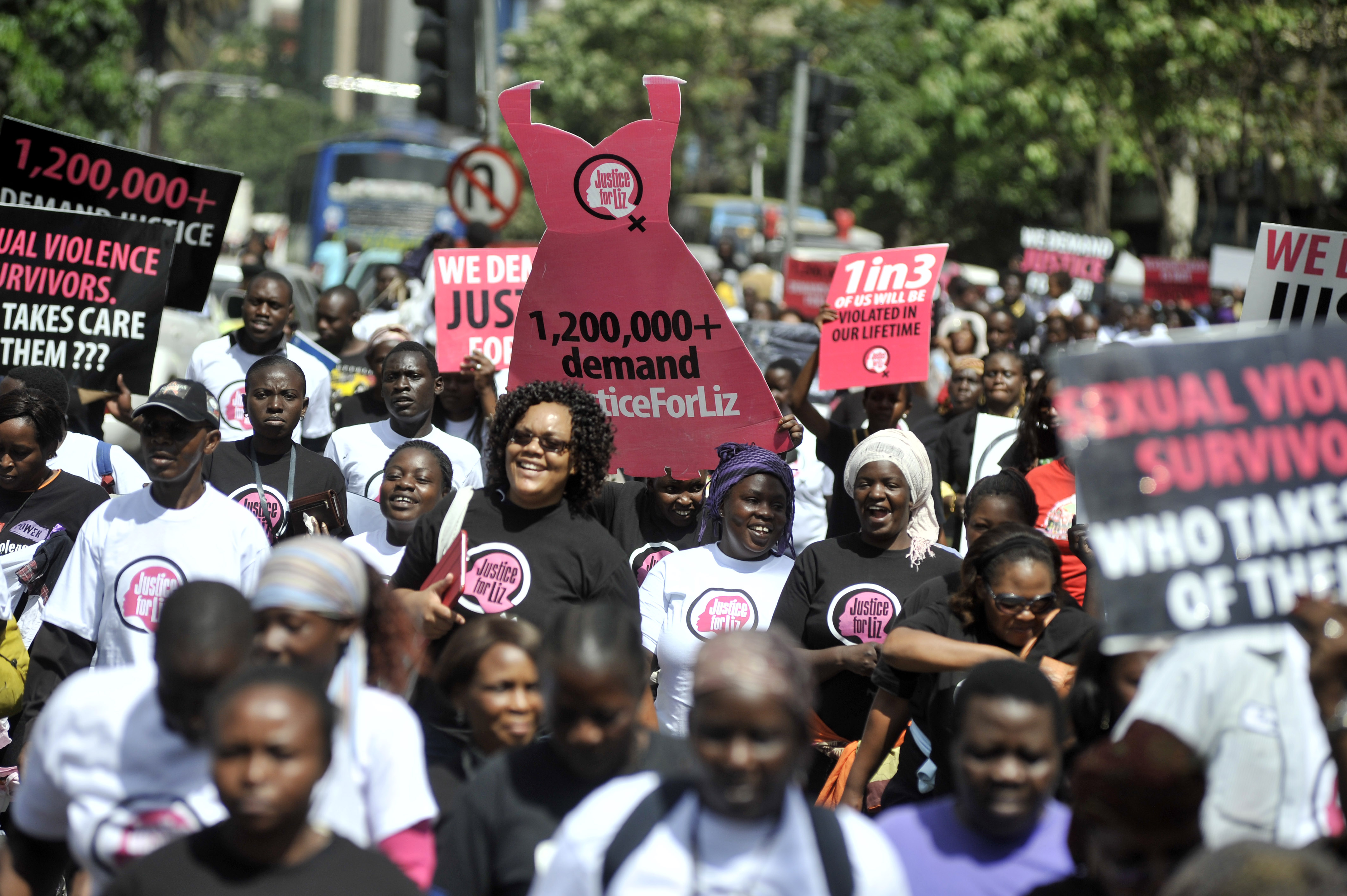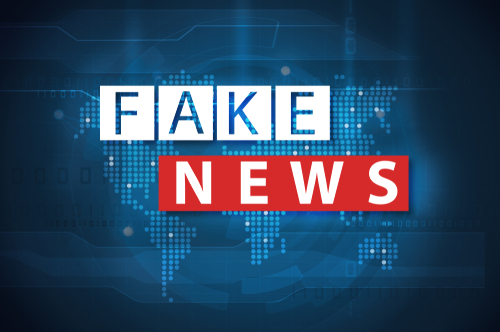درج معهد رويترز لدراسة الصحافة منذ عام 2012 على إصدار تقرير سنوي يتناول فيه حالة الإعلام وعلاقته بالتكنولوجيا، ويتنبأ بما يمكن أن يحدث في المشهد الإعلامي العالمي للعام الجديد.
وتستند معظم هذه التقارير إلى دراسات ومسوحات تشارك فيها مختلف القطاعات العاملة في المجال من ناشرين وصحفيين وشركات تكنولوجيا.
ويتعاون المعهد في إصدار هذا التقرير مع عدد من المؤسسات ذات الصلة، مثل جامعة أوكسفورد ومبادرة غوغل للأخبار.
والتقرير الذي نتناوله اليوم هو عبارة عن نتائج لمسح ركز بشكل أساسي على التحديات والفرص لوسائل الإعلام في عام 2024. وقد شارك فيه 314 من قيادات وسائل الإعلام في 56 دولة وإقليما، منهم 76 يشغلون منصب رئيس تحرير، و65 رئيسا تنفيذيا أو مديرا إداريا، و53 من رؤساء الأقسام الرقمية، وبعض هؤلاء من المؤسسات الإعلامية الرائدة في العالم.
أشرف على تقرير هذا العام نيك نيومان الباحث في معهد رويترز لدراسة الصحافة، وهو المؤلف الرئيسي لعدد من تقارير الأخبار الرقمية السنوية التي تصدر عن معهد رويترز منذ عام 2012. وأشرف نيومان على عدد من تقارير التنبؤات الإعلامية والصحفية في السنوات الماضية، وهذا هو الثامن الذي ينشره له معهد رويترز.
شارك في التقرير 314 من قيادات وسائل الإعلام في 56 دولة وإقليما، منهم 76 يشغلون منصب رئيس تحرير، و65 رئيسا تنفيذيا أو مديرا إداريا، و53 من رؤساء الأقسام الرقمية، وبعض هؤلاء من المؤسسات الإعلامية الرائدة في العالم.
أبرز ما جاء في التقرير:
- يتوقع أن تسيطر ثقافة الذكاء الاصطناعي على فضاء المعلومات في 2024، في وقت يشهد فيه الناس تقلبات سياسية واقتصادية شديدة في جميع أنحاء العالم.
- تشير التوقعات إلى أن الغالبية العظمى من محتوى الإنترنت سيُنتَج عن طريق الذكاء الاصطناعي بحلول عام 2026، وعليه فإن الصحفيين والمؤسسات الإعلامية بحاجة ملحة إلى إعادة التفكير في العديد من الأدوار التي يضطلعون بها.
- خلص تقرير رويترز إلى أن 2024 سيكون هو العام الذي سيبدأ فيه طرح تجارب البحث التوليدي Search Generative Experiences (SGE) عبر الإنترنت، جنبا إلى جنب مع مجموعة من روبوتات الدردشة المعتمدة على الذكاء الاصطناعي التي ستوفر طريقة أسرع وأكثر سهولة للوصول إلى المعلومات.
- في أعقاب الانخفاض الحاد في حركة الإحالة من فيسبوك وإكس (تويتر سابقا)، من المرجح أن تؤدي هذه التغييرات، بمرور الوقت، إلى تقليل وصول الجمهور إلى المواقع الإخبارية المحترفة، وهذا الوضع سيجعل الناشرين يبحثون عن طريقة تمكنهم من تقليل اعتمادهم على منصات التكنولوجيا العملاقة وبناء علاقات مباشرة أوثق مع الجمهور ذي الولاء لتلك المواقع.
- ولتحقيق الغاية أعلاه، يتوقع من مالكي وسائل الإعلام وضع مزيد من الحواجز أمام المحتوى في عام 2024، إضافة إلى الاستعانة بمحامين مكلفين لحماية ملكيتهم الفكرية. وفي الوقت نفسه، سيدركون أن هذه الإستراتيجيات تخاطر بترك علاماتهم التجارية في حالة من العزلة من خلال زيادة صعوبة الوصول إلى الجمهور الأصغر سنا والأقل تعليما؛ إذ يشعر كثير من هؤلاء فعلا بالارتياح تجاه الأخبار التي تُنشَأ خوارزميا، ولديهم علاقات أضعف مع وسائل الإعلام التقليدية.
- يقول نحو نصف العينة المستطلعة (47%) من المحررين والرؤساء التنفيذيين والمديرين التنفيذيين الرقميين إنهم واثقون بشأن آفاق الصحافة للعام 2024، بينما أعرب حوالي عُشر العينة (12%) عن انخفاض ثقتهم. وتنبع مخاوف هؤلاء من مسائل مثل ارتفاع التكاليف، وانخفاض عائدات الإعلانات، وتباطؤ نمو الاشتراكات.
- أعرب ما يقرب من ثلثي المشاركين في الاستطلاع (63٪) عن قلقهم حيال الانخفاض الحاد في حركة الإحالة من مواقع التواصل الاجتماعي. وتُظهر البيانات أن حركة المرور إلى المواقع الإخبارية من فيسبوك انخفضت بنسبة 48% في عام 2023، ومن إكس (تويتر سابقا) بنسبة 27%. واستجابة لهذه التطورات، قال حوالي ثلاثة أرباع المشاركين (77%) إنهم سيركزون أكثر على قنواتهم المباشرة في العام المقبل، بينما قال نحو الخمس (22%) إنهم سيلجؤون إلى خفض التكاليف.
- أعلن الناشرون أنهم سيبذلون مزيدا من الجهد في الاستفادة من واتساب وإنستغرام، بينما يستمر اهتمامهم بشبكات الفيديو مثل تيك توك ويوتيوب.
- وفيما يتعلق بما ورد أعلاه، يقول معظم الناشرين المشاركين في الاستطلاع إنهم يخططون لإنشاء مزيد من مقاطع الفيديو والرسائل الإخبارية وملفات البودكاست.
- يظل الخطر المزدوج المتمثل في تجنب الأخبار الانتقائي والإرهاق من الأخبار مصدرا رئيسيا للقلق بالنسبة لوسائل الإعلام التي تتطلع إلى الاستمرار في الاهتمام بالأخبار الواردة من غزة وأوكرانيا، إلى جانب بعض القصص الجادة الأخرى. وتشمل الإستراتيجيات التي يراها الناشرون مهمة جدا لمواجهة ذلك الخطر: تقديم مزيد من الصحافة التفسيرية التي تشرح التعقيدات الواردة في ثنايا العديد من القصص الإخبارية، وتقديم ما يعرف بصحافة الحلول، إلى جانب الأساليب الجديدة لسرد القصص، وتقديم القصص الإنسانية الملهمة، وبنحو أقل تقديم أخبار أكثر إيجابية أو مسلية.
- وفيما يتعلق بالجوانب التجارية، يواصل الناشرون الاستثمار في الاشتراكات والعضوية؛ إذ تقول الغالبية العظمى ممن شملهم الاستطلاع (80٪) إن هذا سيكون مصدرا مهما للإيرادات متفوقا على الإعلانات، وقد تحدّث معظم الذين يقدمون محتوى مدفوعا عن استقرار أو زيادة طفيفة في أرقام الاشتراكات في العام الماضي، على الرغم من التوقعات الاقتصادية الصعبة في العام المذكور.
- بما أن هناك عددا من الناشرين يهدفون إلى إبرام صفقات ترخيص مربحة مع منصات الذكاء الاصطناعي في عام 2024، فإن هناك قليلا من التفاؤل بشأن إمكانية تقاسم أي فوائد بالتساوي، ويعتقد ثلث المشاركين أن معظم الأموال ستذهب إلى كبار الناشرين.
- يرى قرابة نصف المشاركين في الاستطلاع أن استخدام الذكاء الاصطناعي لأتمتة الأخبار هو الاستخدام الأكثر أهمية للتكنولوجيا، يليه تقديم توصيات أفضل، ثم الاستخدامات التجارية. وهناك تضارب بين الناشرين بشأن استخدام الذكاء الاصطناعي لإنشاء المحتوى، وهو ما يعراه نصف المشاركين أكبرَ خطرٍ على السمعة.
- وبناء على توقعات استطلاع رويتز العام الماضي، فمن المتوقع أنّ مزيدا من الصحف ستتوقف عن إنتاج المطبوعات اليومية في 2024 مع ارتفاع تكاليف الطباعة وضعف شبكات التوزيع أو وصولها في بعض الحالات إلى نقطة الانهيار.
- من المتوقع أن يشهد 2024 تحولا كبيرا نحو تحزيم الأخبار الرقمية والمحتوى غير الإخباري؛ إذ يتطلع كبار الناشرين إلى الحفاظ على العملاء الحاليين. ويتوقع أن تتضمن الاشتراكات إمكانية الوصول إلى الألعاب والبودكاست والمجلات والكتب وحتى المحتوى من الناشرين الآخرين.
يقول نحو نصف العينة المستطلعة (47%) من المحررين والرؤساء التنفيذيين والمديرين التنفيذيين الرقميين إنهم واثقون بشأن آفاق الصحافة للعام 2024، بينما أعرب حوالي عُشر العينة (12%) عن انخفاض ثقتهم. وتنبع مخاوف هؤلاء من مسائل مثل ارتفاع التكاليف، وانخفاض عائدات الإعلانات، وتباطؤ نمو الاشتراكات.
- يتوقع تقرير رويترز أن تميل منصات التكنولوجيا الكبرى في 2024 إلى نماذج الأعمال المدفوعة؛ إذ إنها تتطلع إلى تقليل اعتمادها على الإعلانات. ويتوقع أن تقدم إكس وميتا وتيك توك مزيدا من الخدمات المتميزة، بما في ذلك خيارات حسابات خالية من الإعلانات وصديقة للخصوصية.
- ستكتسب روبوتات الذكاء الاصطناعي والمساعدون الشخصيون مزيدا من الاهتمام في عام 2024، وهو ما يثير أسئلة قانونية وأخلاقية وجودية تتعلق بالملكية الفكرية.
يظل الخطر المزدوج المتمثل في تجنب الأخبار الانتقائي والإرهاق من الأخبار مصدرا رئيسيا للقلق بالنسبة لوسائل الإعلام التي تتطلع إلى الاستمرار في الاهتمام بالأخبار الواردة من غزة وأوكرانيا، إلى جانب بعض القصص الجادة الأخرى.



























![A demonstration against Israel's war on Gaza on Paulista Avenue in São Paulo on November 4, 2023, draws attention to the deaths of children while the media focuses on the war against terrorists. [Photo: Lina Bakr]](/sites/default/files/ajr/2024/Picture1.png)













